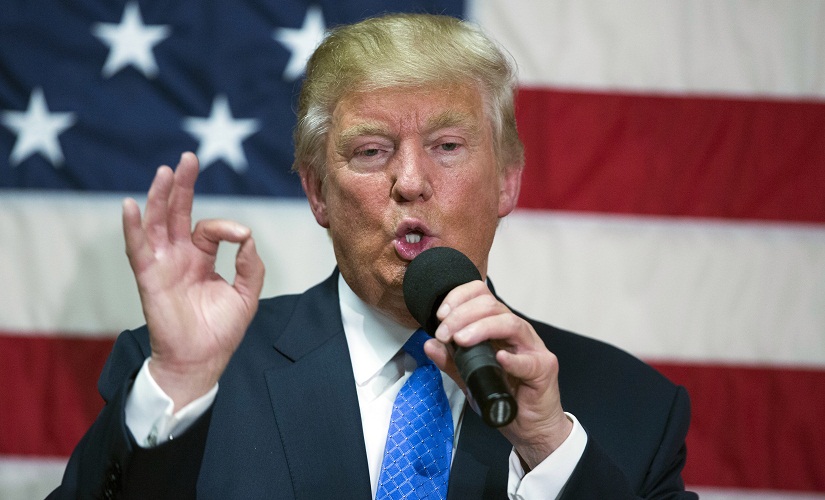Trump proposes zero aid to Tibetans in 2018
By Lobsang Tenchoe
DHARAMSALA, May 26: US President Donald Trump has proposed zero aid in 2018 to Tibetans in his maiden annual budget and calls on other nations to follow suit.
Taking a U-turn from the decades-old American policy of providing financial assistance to the Tibetan community to safeguard their distinct identity, US President Donald Trump has proposed zero aid in 2018 to Tibetans and called on other nations to follow suit, according to a report by PTI.
The State Department has reportedly sent the detailed proposal of Trump’s maiden annual budget for the fiscal year 2018 which begins from October 1. The Trump administration’s proposal of zero aid to Tibetans was described as one of the ‘tough choices’ that it had to make as its budget itself has been slashed by more than 28 per cent, the report added.
“As we work to streamline efforts to ensure efficiency and effectiveness of US taxpayers’ dollars, we acknowledge that we have to priorities and make some tough choices,” a State Department official was quoted as saying in the report.

The proposal has further removed the decades old Tibet Fund and proposed zero dollars against Ngwang Choephel Fellows which accounted for more than a million dollars in 2017 and 2016. However, the Special Academic Exchanges, whose budgetary allocation has been reduced from more than USD 14.7 million in 2017 to just USD 7 million for 2018 would include funding for programmes such as the Benjamin A Gilman International Scholarship Program, Mobility (Disability) Exchanges, and the Tibet Fund, according to the State Department’s foot note of the budget.
The development has concerned the Democratic Leader Nancy Pelosi, her spokesman Drew Hammill said in the report and added, “the critical funding through the State Department for important efforts, like those in support of a genuinely autonomous Tibet, that advance and protect America’s interests in the world.”
The Act, among other things, includes US government assistance for non-governmental organisations to work in Tibetan communities in China, an educational and cultural exchange program with “the people of Tibet”, Voice of America and Radio Free Asia Tibetan-language broadcasting into Tibet and assistance for Tibetan refugees in South Asia. It also calls for a scholarship program for Tibetans living outside Tibet and the National Endowment for Democracy’s (NED) human rights and democracy programmes relating to Tibet.
However, since the US aid for Tibetans are approved and sanctioned by the Congress, it remains to be seen how the congress receives it.
The report details that in 2014, Tibetans received more than $24 million in financial assistance from the US that included $1 million for the Office of the Special Coordinator for Tibetan Issues, $10 million for the support to ethnic Tibetans in China through Economic Support Fund, $575,000 for the Ngawang Choephel Exchange Program, $3.8 million for Radio Free Asia Tibetan Service, $3.2 million for the Voice of America Tibetan Service, $2.8 million for NGO Programmes Benefiting Tibetan Refugees in South Asia (Migration and Refugee Assistance), $710,000 towards Tibetan Scholarship Program for Tibetans outside Tibet and $621,000 to the NED’s Tibetan programmes.



